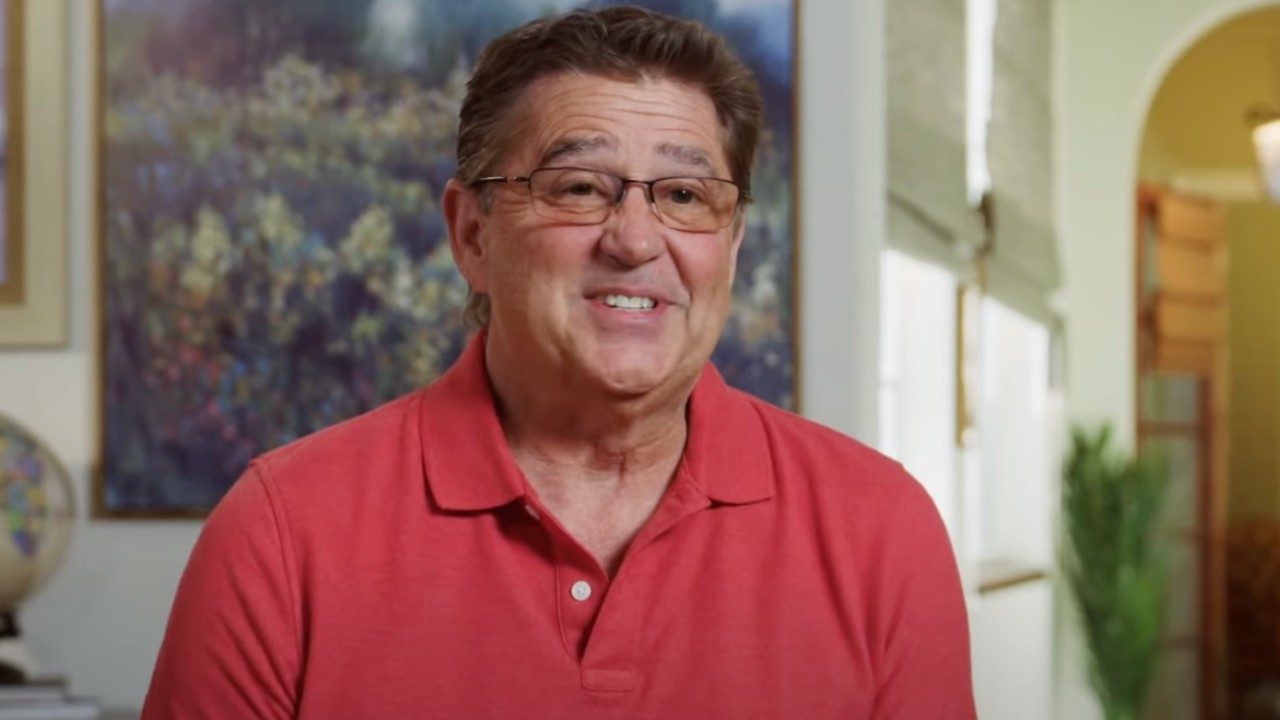Setting an action film within a contained space is an excellent way to keep it tight and thrilling, but it's also a risk, since the formula has been done well so many times-- Die Hard set the standard, and films as recent as this year's The Raid have improved upon it. And it's doubly risky in a film like Dredd, which establishes the parameters of a harsh dystopian future in quick voiceover, but then limits the film almost entirely within an apartment mega-plex, which aside from a few technological innovations could pretty much exist today. You're swept into a fascinating future, only to be trapped in a tiny corner of it for an entire film; how is that going to be worth it?
Dredd, an adaptation of the comic books that's miles away from the 1995 Sylvester Stallone attempt, sets itself apart by knowing its strengths and playing to them, over and over again. Screenwriter Alex Garland (of Danny Boyle dystopias 28 Days Later and Sunshine), crafts a dead simple narrative about Judge Dredd (Karl Urban) and his psychic sidekick Anderson (Olivia Thirlby) needing to get to the top floor of a 200-story apartment complex to take out the vicious prostitute-turned-drug-kinpin Mama (Lena Headey). From there director Pete Travis follows our heroes through hails of gunfire with a clear eye for the geography of the building, while also adding in the film's great stylistic flourish-- Mama handles a drug called "slo-mo," which slows down perception to 1% of normal speed, and you'd better believe we see a lot of "slo-mo" vision. At times it makes Dredd look like a Zack Snyder knock-off, but it's also a gaudy and enjoyable break from this grim future-- especially when it highlights the film's favorite method of death, people falling from great heights to a splattery, gory death.
The movie goes very, very hard on the blood and guts, and there's plenty to find in a story where the Judges have guns that don't just shoot bullets, but grenades and fireballs and all kinds of goodies. Dredd can feel unrelenting at times, especially when a gory scene leads straight into a psychologically intense one, like when Anderson infiltrates the mind of a perp (The Wire's Wood Harris) only to find a lot of disturbing sexual depravity. And when your hero is equipped with a gun and rarely fights hand-to-hand, the action can feel a little redundant-- Travis doesn't really take advantage of all the potential of a chase in this kind of confined space, and when Dredd runs out of bullets, you feel less tension than a sense that maybe he wasn't all that great of a hero to begin with.
To Dredd's credit, though, he's played through a somewhat miraculous feat of acting by Urban, whose eyes are masked beneath a helmet the entire film and who speaks in a gruff monotone, but who conveys a world of emotion all the same. Dredd really shouldn't be an engaging character, but his commitment to justice and his growing affection for protege Anderson make him remarkably likable. Olivia Thirlby almost has the harder job, acting like an all-knowing psychic, and with her face fully exposed to show emotions enough for two people. The sassy friend from Juno translates remarkably well into a pint-sized badass, and with a promising dystopia lurking outside the walls of this movie, it's easy to imagine following both of them into further adventures. And though Headey has established herself as one memorable sociopath, Cersei Lannister on Game of Thrones, she takes it 10 steps further as Mama, a scarred and endlessly manipulative woman pulling all the strings from the top of her grimy tower.
With style and dour charisma to spare, Dredd proves that the smartest way to handle an action plot is often the simplest, while also tossing in enough flash to set itself apart. It didn't have quite enough fun with its ideas and location as I'd hoped for, but it's got plenty of strong raw material to get it to the finish line-- if this is the next evolution of the Die Hard formula, John McClane would probably feel exhausted by the darkness but also a little proud.
Staff Writer at CinemaBlend












